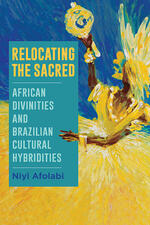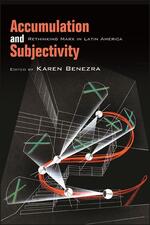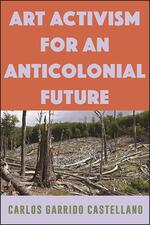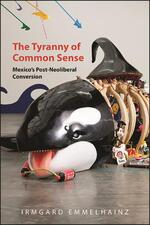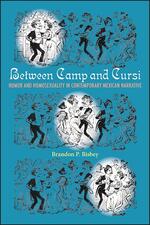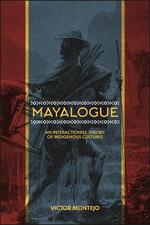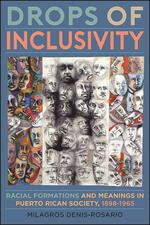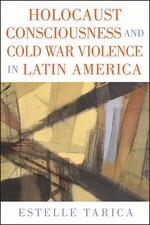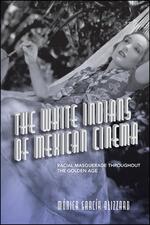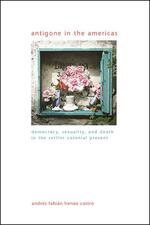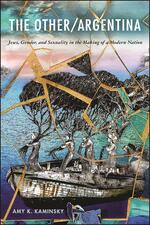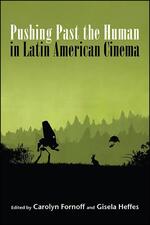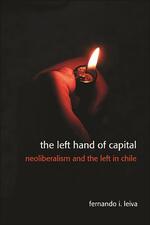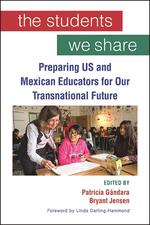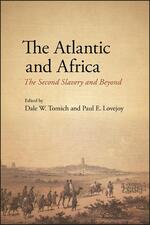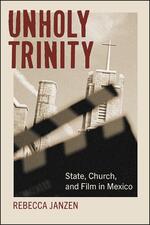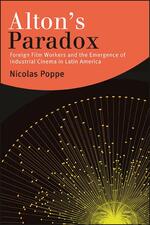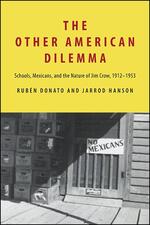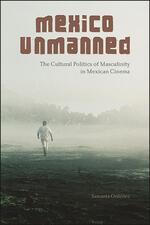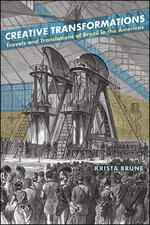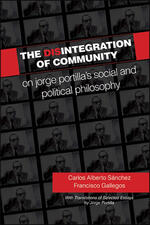Latin American, Caribbean, and Latinx Studies
Relocating the Sacred
Maps manifestations of the sacred and religious syncretism in Afro-Brazilian cultural forms.
Woman-Centered Brazilian Cinema
Illuminates the complex factors that have helped or hindered creative work by and about women in the twenty-first-century Brazilian film industry.
Accumulation and Subjectivity
Reconsiders key concepts in Marxist thought by examining the relationship between accumulation and subjectivity in Latin American narrative, film, and social and political theory.
Virgin Capital
Ethnography situating the contemporary financial services industry in the US Virgin Islands within broader histories of racial capitalism and gender inequality.
Art Activism for an Anticolonial Future
Analyzes socially engaged art practices worldwide, linking them to decolonial struggle and critique.
The Tyranny of Common Sense
Elucidates how neoliberalism rules all areas of life and operates as a form of common sense, taking Mexico as a case study.
Between Camp and Cursi
Examines how contemporary Mexican literature uses humor to contest heteronormativity.
Mayalogue
Offers a strong critique of traditional anthropological studies from an Indigenous and postcolonial perspective.
Drops of Inclusivity
A critical view of race relations on the island of Puerto Rico from 1898 to 1965.
Holocaust Consciousness and Cold War Violence in Latin America
Examines how community leaders, writers, and political activists facing state repression in Latin America have drawn on and debated the validity of Holocaust terms to describe human rights atrocities in their own countries.
The White Indians of Mexican Cinema
Examines the filmic representation of Whiteness as Indigeneity and its role in mediating racial politics in Mexico.
Antigone in the Americas
Argues for a decolonial reinterpretation of Sophocles’ classical tragedy, Antigone, that can help us to rethink the anti-colonial politics of militant mourning in the Americas.
The Other/Argentina
Argues that Jewishness is an essential element of Argentina’s self-fashioning as a modern nation.
Pushing Past the Human in Latin American Cinema
Sheds light on emergent Latin America cinema that addresses the politics of environmental destruction, the unevenness of climate change consequences, and new ways of visualizing the world beyond the human.
Nos/Otras
Offers a timely reconsideration of the writings of Gloria Anzaldúa, treating issues of multiplicitous agency, identarian politics, and the stakes of coalition building as core themes in the author's work.
The Left Hand of Capital
Original and comprehensive examination of Chilean political and economic development since the end of the Pinochet military regime in 1990.
The Students We Share
Examines policies, norms, and classroom practices of the US and Mexican education systems, with the aim of preparing educators to understand and help transnational children and youth.
The Atlantic and Africa
Traces the inner connections between the second slavery in the Americas, slavery in Africa, the abolition of the Atlantic slave trade, and the "Great Transformation" of the nineteenth century world economy.
Unholy Trinity
Examines representations of religion in Mexican film from the Golden Age to the early twenty-first century.
Alton's Paradox
Uses extensive archival research to explore the manifold contributions of foreign film workers to emerging film industries in Latin America from the 1930s to early 1940s.
The Other American Dilemma
Examines how Mexican Americans experienced “unofficial” Jim Crow inside and outside the American education system, and how they used the courts, Mexican Consul, and other resources to challenge that discrimination.
Mexico Unmanned
Demonstrates how transhistorical myths of masculinity are both perpetuated and challenged in recent Mexican cinema.
This Bridge Called My Back, Fortieth Anniversary Edition
Fortieth anniversary edition of the foundational text of women of color feminism.
Creative Transformations
Explores the role of travel and translation in Brazilian literature and culture from the 1870s to the present.
The Disintegration of Community
Analysis of this important Mexican philosopher's social, cultural, and political writings.
